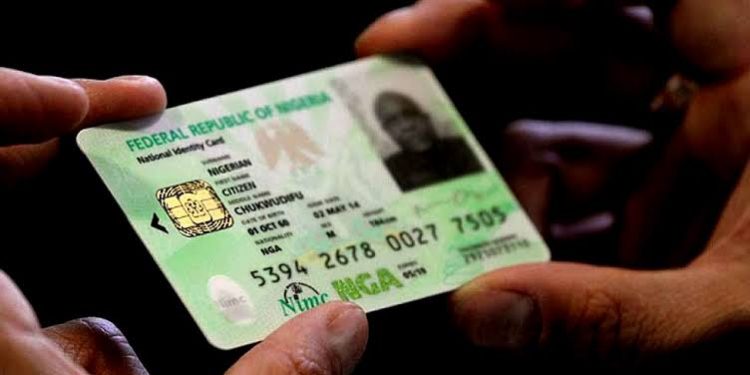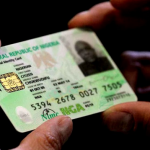Nigeria’s push for universal digital identity recorded significant progress in March 2025, with the number of registered National Identification Numbers (NIN) reaching 118.4 million. This marks an increase of one million new enrolments in a single month, reflecting growing urgency in the national identification drive.
The surge comes under the World Bank-supported Digital Identity for National Development (ID4D) project, which aims to provide every Nigerian with a legal identity. Although the initiative fell short of its initial target to register at least 148 million citizens by June 2024, the World Bank has extended the programme to June 2026, allowing for a renewed push to close the gap.
The ID4D project is backed by a $430 million fund co-financed by the World Bank, the French Development Agency (AFD), and the European Investment Bank (EIB). The extension is expected to help Nigeria build a more inclusive and trustworthy digital ID system that strengthens governance and improves access to public services.
Lagos State remains at the forefront of enrolments, with 12.7 million registered residents, followed by Kano with 10.4 million and Kaduna with 6.9 million. Other high-performing states include Ogun (4.9 million), Oyo (4.5 million), Katsina (4 million), the Federal Capital Territory (3.8 million), Rivers (3.5 million), Delta (3.2 million), and Jigawa (3.1 million).
Data from the National Identity Management Commission (NIMC) also reveals a gender gap in enrolment, with men making up 56.5 percent of the total at 66.9 million, while women account for 43.5 percent with 51.5 million registrations.
At the other end of the spectrum, Bayelsa State recorded the lowest number of NIN registrations at just over 767,000. Ebonyi, Ekiti, Cross River, and Taraba also rank among the least enrolled states, all with figures below two million.
With the 2026 deadline approaching, the pressure is mounting on Nigerian authorities to accelerate enrolment, particularly in lagging regions. Success in the national digital identity drive is seen as a key step toward better service delivery, financial inclusion, and national planning.










